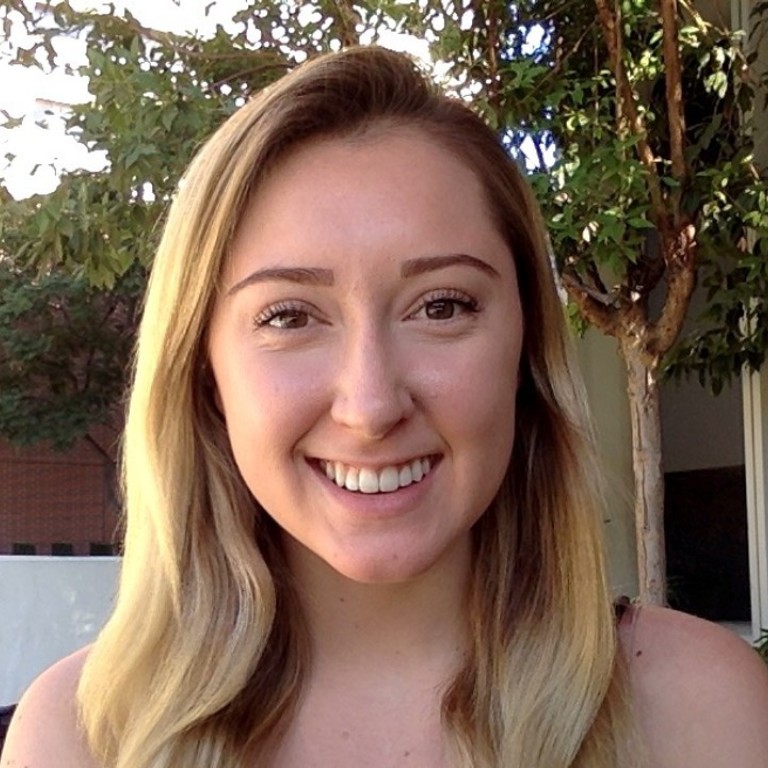
Hong Kong-raised teen who’s never been on Facebook or Instagram so she ‘can have the best life’
- Pia Sellery is not your average 19-year-old. Her only social media account is Snapchat, which she seldom uses
- Excessive social media use has been linked to depression and anxiety among teens
Data from more than 40,000 American children suggests that young people who spend seven hours or more a day looking at screens are more than twice as likely to be diagnosed with depression or anxiety than those who use screens for just an hour a day.
The finding, in a recent collaborative study by researchers at San Diego State University and the University of Georgia in the United States, isn’t the first result of its kind; mental health care professionals are growing increasingly worried at how screen time – and especially social media – can have a negative impact on youngsters.
Snapchat bets on original TV shows to turn its fortunes around
Eminent British child psychiatrist Mike Shooter says there are many things that make the young unhappy.
“The frenetic competition, in school, in the scramble for jobs, in peer-group relationships, means that swathes of children fall off the bottom of the ladder then feel as if they’ve failed. Or are so unsure of their own worth that they sit up all night searching for ‘likes’ on social media in lieu of proper friendships,” Shooter says.
Pia Sellery, however, isn’t one of the hundreds of people her age who fret about how their lives stack up against those of friends. Born and schooled in Hong Kong, and currently studying at a university in California, Sellery, 19, has never used any social media other than Snapchat – which she rarely uses, anyway.
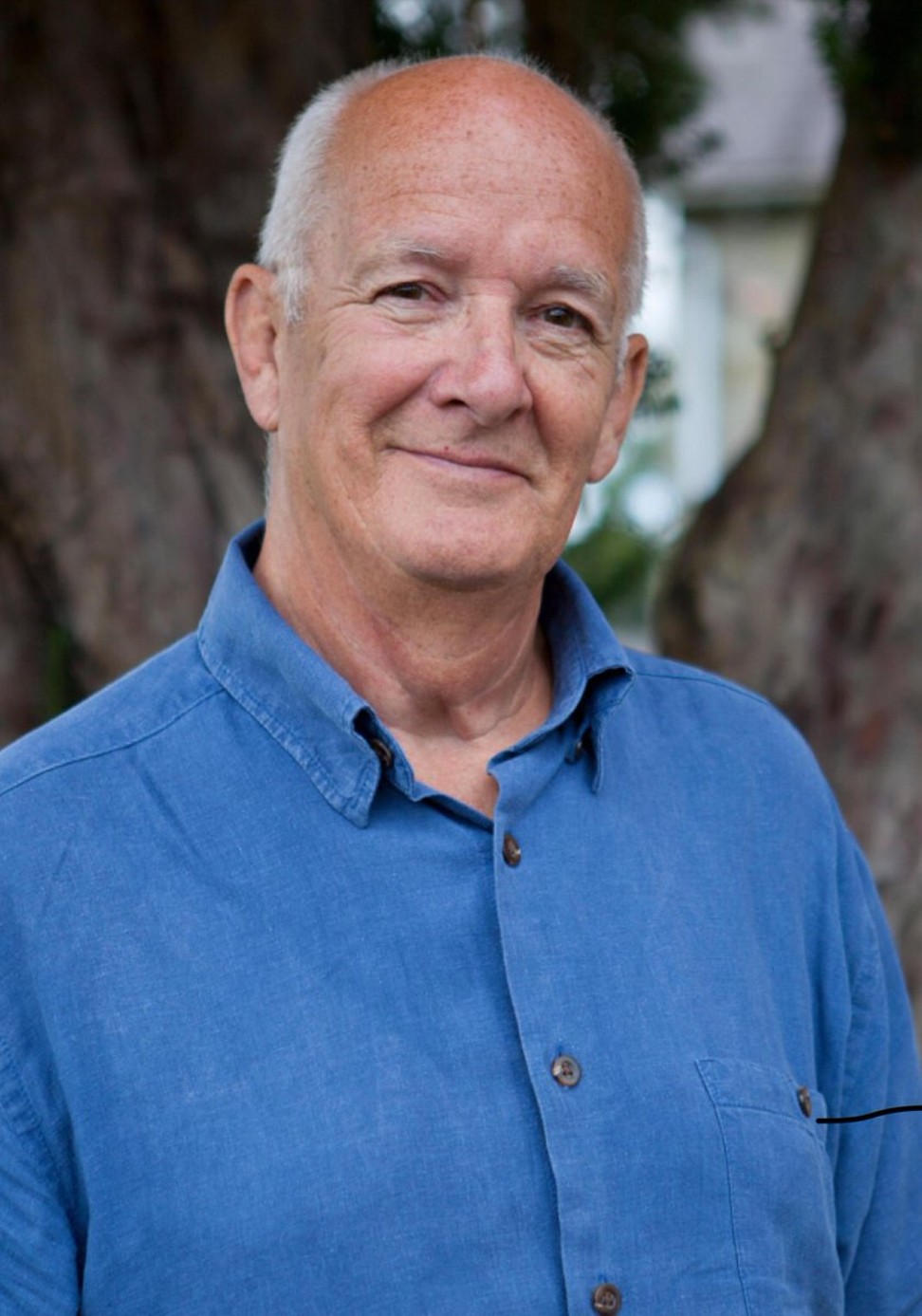
“My friends asked me to get it, but I don’t like using it. I never look at stories [the public postings of peoples’ activities] or engage in any of the extensions.”
Although Sellery likes the idea of an easy way of connecting and staying in touch with friends, she values her privacy. “I have always been a private person and felt that having social media would essentially make having a truly personal life impossible. People post things about themselves so openly,” she says.
Sellery resists immersing herself in a digital life for other reasons. She does not like “the intense manufacturing necessary for a thriving social media presence, and the inauthentic nature of posting and constantly updating people about your activities”.
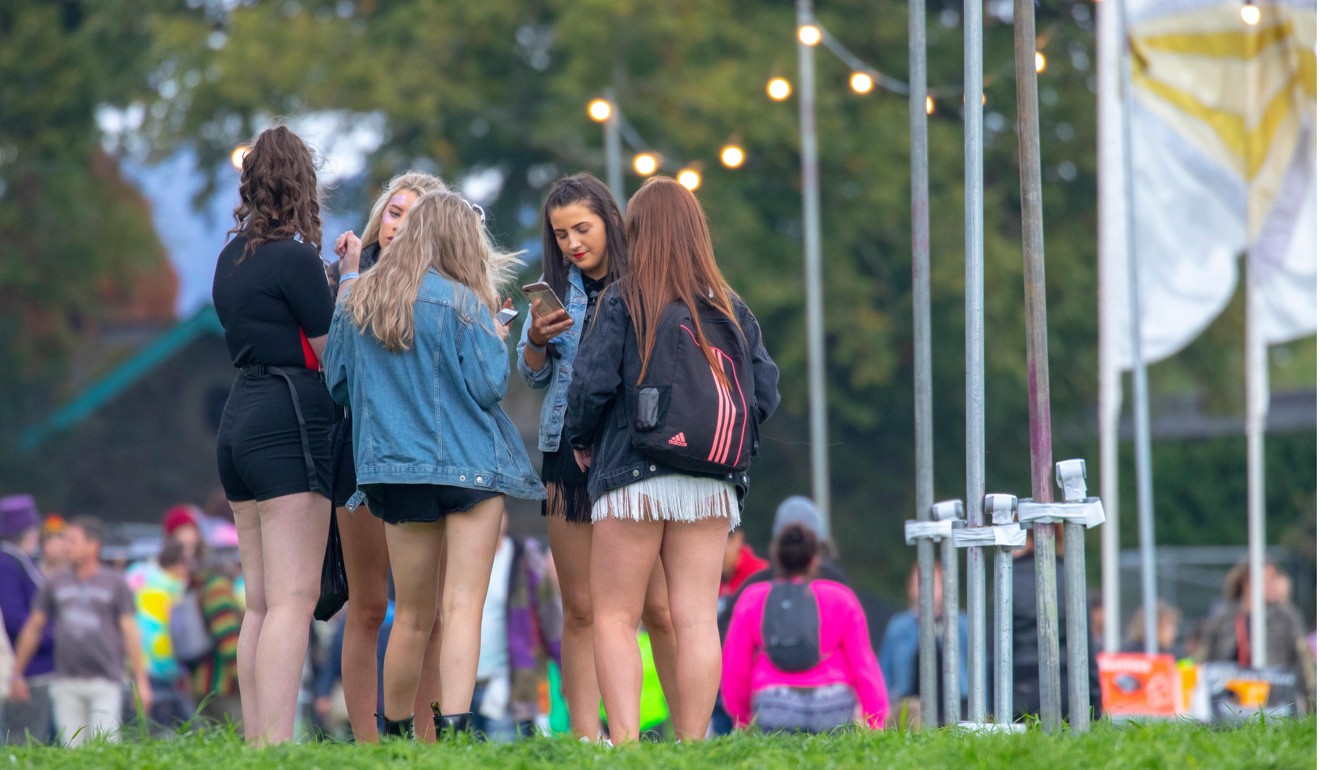
Because she has had an interest in psychology – her chosen degree – and mental health since a young age, “this sort of activity” has always concerned her. Intuitively, it seemed unhealthy.
“I wanted to make sure that I was living the best life for me, not for the people watching me online.”
There is, she says, so much comparison and discomfort that stems from negative self-evaluation, and social media feeds off these problematic behaviours and facilitates them to a much higher degree.
“I was worried that becoming involved in social media may affect my mental health and lead to greater comparison and ‘wishful’ thinking – that’s to say wishing I could be like someone else, or look a different way, or have more friends.
“I think people, young women specifically, tend to compare themselves to celebrities or friends by their pictures online or through their updates. This can lead to a horrid downward spiral – the people we are online are not the people we are off the screen. It is so common to create a picturesque version of who we want to be or who we think people will like, instead of presenting a real imagine of our experiences. Because of this, people are comparing themselves to an unattainable standard and to people who live such extravagant lives that it is almost impossible to compete,” she says.
Living for ‘likes’: how Hong Kong teens reveal classic signs of social media addiction
Sellery is not alone when it comes to Facebook. A survey conducted by the Pew Research Centre, released in June, found that only 51 per cent of US youngsters aged 13 to 17 used the social network. This compares to the much higher figure of 71 per cent when the centre conducted similar research in 2015.
Hong Kong-based MindnLife psychologist Dr Quratulain Zaidi, whose own daughter resisted social media until after completing her International Baccalaureate at 17, agrees with Shooter that it can be hard for adolescents these days, “because they have to almost go through it twice, in their real lives and then in their online lives”.
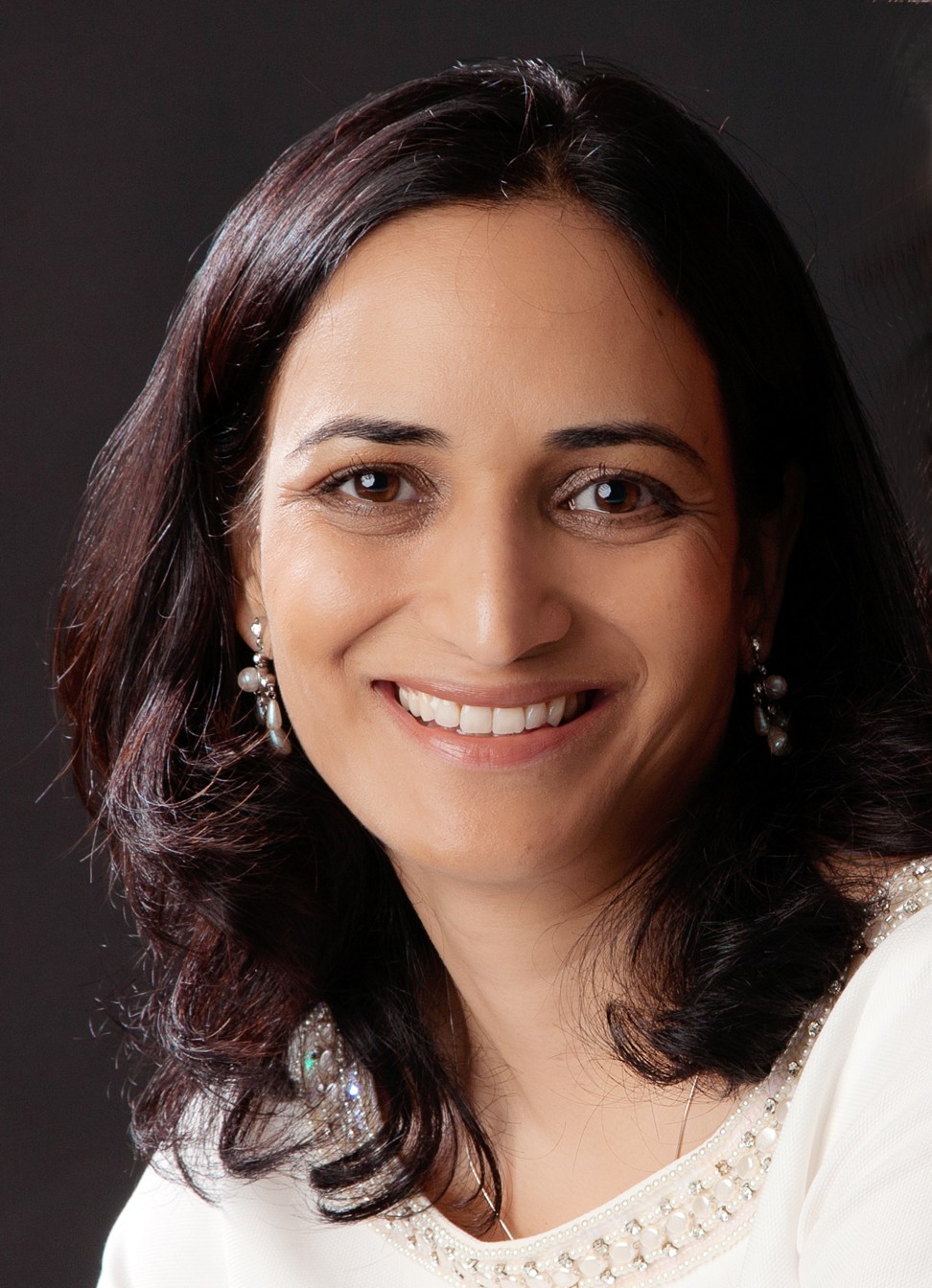
Zaidi is not at all surprised at the various reports that show that social media and text messages have become so integral to teenage life that they are promoting anxiety and lowering self-esteem.
“Self-esteem comes from consolidating who you are. The more identities you have, and the more time you spend pretending to be someone you aren’t, the harder it’s going to be to feel good about yourself, and as I said, teens have an online and real life identity to consolidate in this era,” she says.
Virtual connections, as Zaidi reminds us, are frequently devoid of eye-to-eye contact, and “human interaction is essential in building empathy and compassion”, a life skill that she believes is imperative to promote and preserve in our teens.
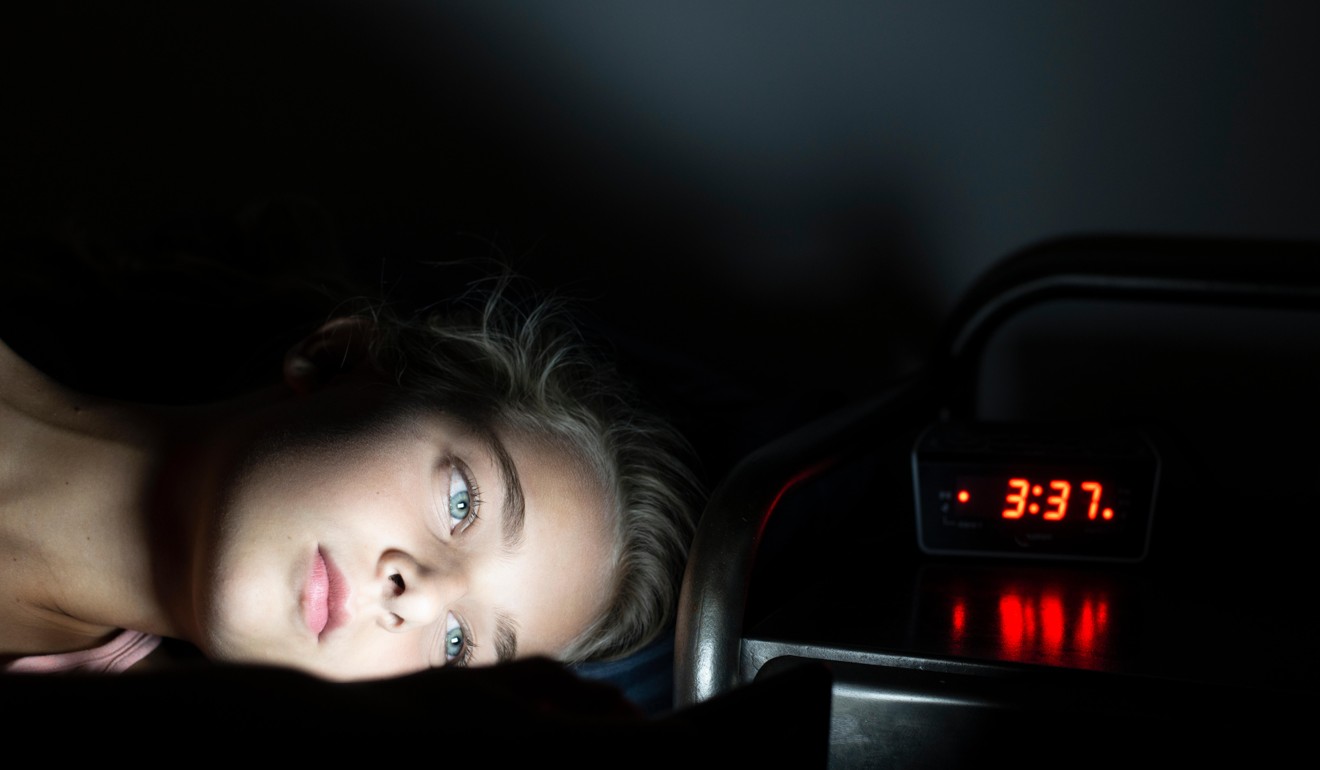
“They don’t miss out if they’re not connected via social media, but they will miss out on life if they don’t stay connected with real life humans,” she says.
Sellery would agree. By staying predominately offline, she says she was forced to evaluate her priorities and which relationships were most important to her.
“I feel lots of people add ‘friends’ without a second thought, and you are bombarded by updates about people you don’t really know or care about. By not having social media, I have to make sure I stay in touch with the people that mean the most to me and put in an effort to involve them in my life.”
Sellery’s friends “don’t really care” about her choices to opt out of a digital life. “Sometimes they nag me about sending them Snapchats or ask me to get a Facebook [account]because it would be ‘easier’. But, surprisingly, most of them find it admirable that I have stayed offline and frequently share with me that they wish they could delete various accounts,” she says.
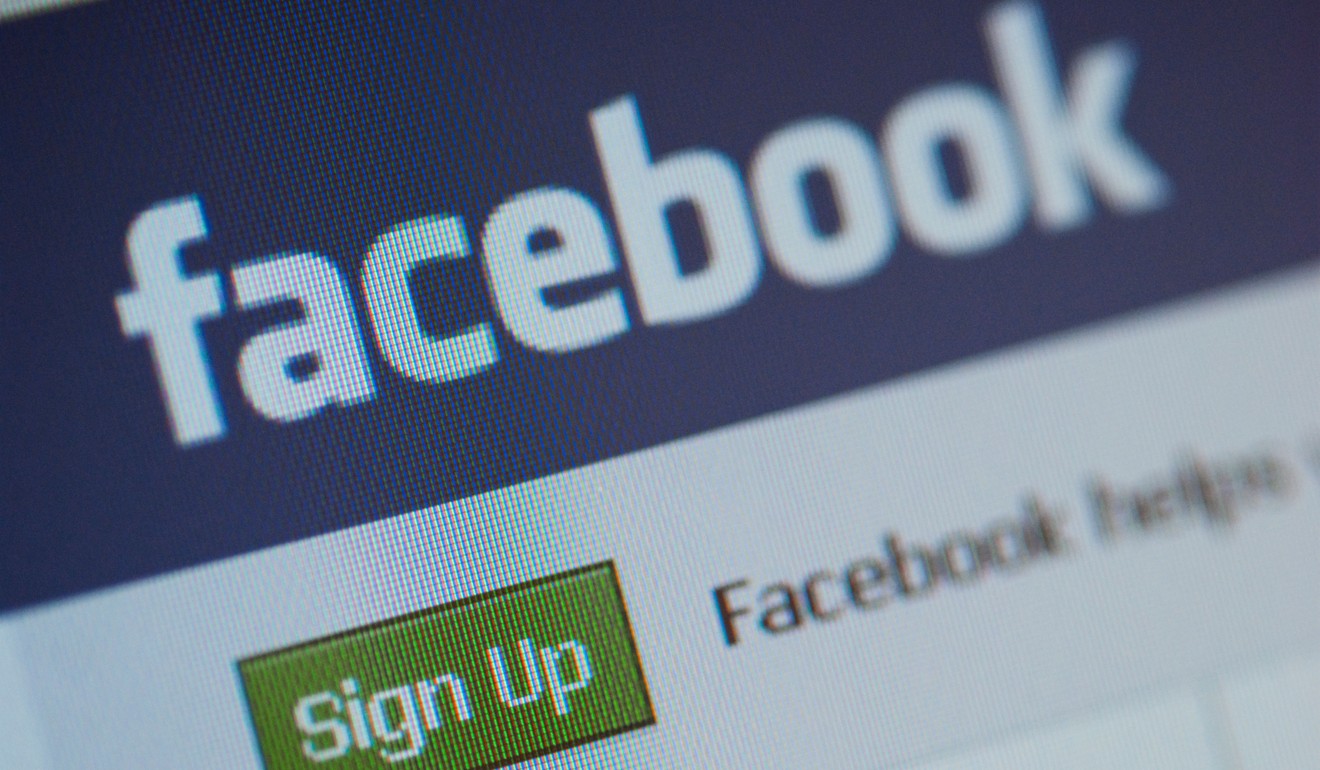
And significantly, Sellery doesn’t think she’s missing out “because, if there is something I do want to go to, be a part of or see, I can gain access to it in another way, and not having social media does not hinder my ability to do that”.
Sellery and Zaidi are keenly aware of the danger of cyberbullying.
By not having social media, I have to make sure I stay in touch with the people that mean the most to me and put in an effort to involve them in my life
“It can be extremely easy to bully someone from behind a screen, because you feel you are not dealing with a real person and can write things down that you would probably not say to someone if you saw them face to face,” Zaidi says.
Consider the vitriol of trolls. Sellery recalls incidents of cyberbullying at school, where people used social media to share their thoughts about others: who the “hottest girls and guys” were, or who were the smartest.
She is aware of passive-aggressive posts on Facebook, Instagram or Twitter addressing “unnamed” people that were obvious to everyone else.
By not being online, she says, she is “protected from the discomfort and heartbreak of people talking about you or issues you may have had with them”.
Is social media bad for you? Yes, but we still love it, say Chinese
Sellery doesn’t believe opting out of having an online presence means missing out. On the contrary, she feels “protected from feeling like I am not as involved as other people because I have no way of seeing it”.
She stays in touch by calling friends, texting them. She isn’t bullied, and doesn’t feel blue because friends’ lives look shinier than her own.
“At the end of the day, the only person I compare myself to is me. I am living my life for me and I’m happy,” she says.
She spares herself the anxiety of selfies, and never feels distracted when out with friends or people she loves, because she is immersed in their company at that moment and not fretting about the best way to capture it for Instagram.
“There is no delete button on social media. It’s an archive button and leads to a lack of privacy,” Zaidi says. “The race to be popular can sometimes lead to sharing inappropriate images and this can have long-term detrimental impact. Every moment of the life is shared publicly and eventually that can take a toll on mental health.”
Sellery, though, admirably individual and independent, doesn’t live by the click of a button. “My life is completely owned by me,” she says.
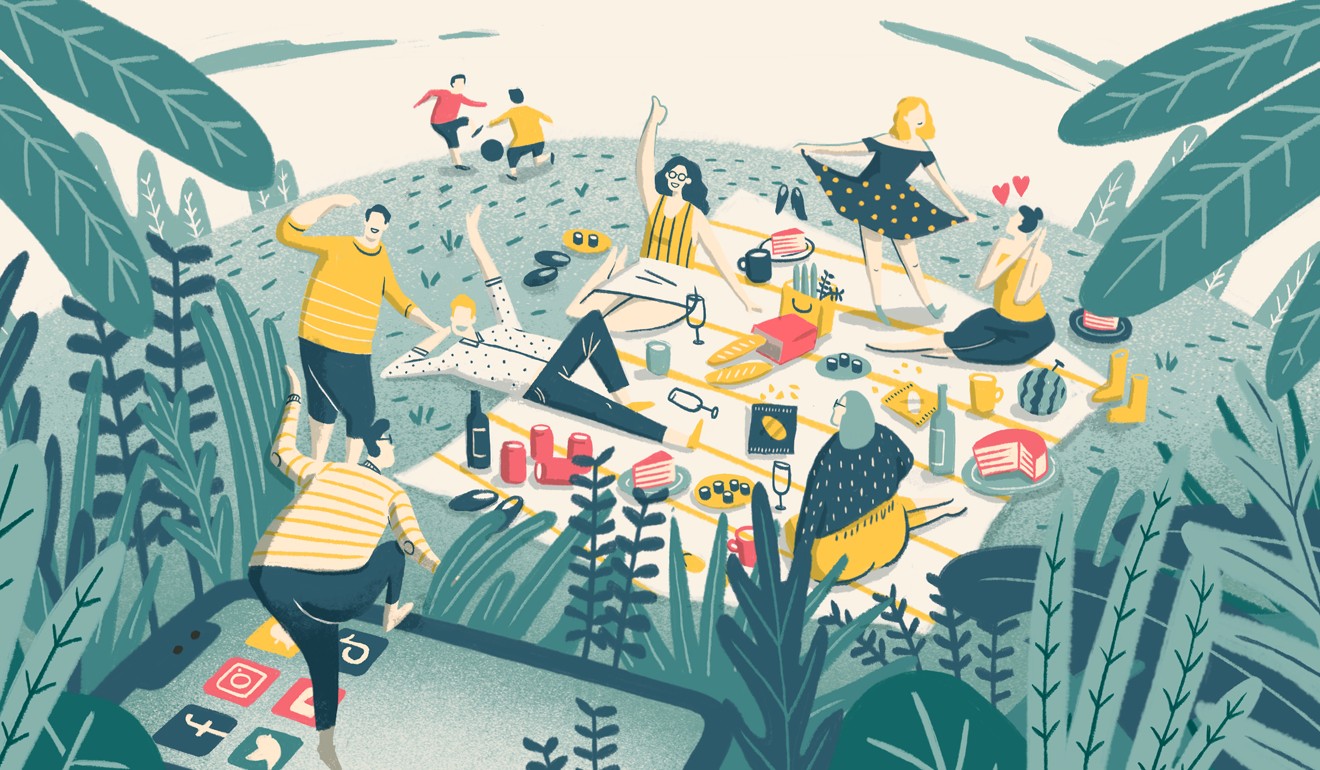
Tips to make the most of down time
When you’re with others, be with others. Give them your full attention, immerse yourself in the conversation. Mindfulness is good for creating better memories. Stop sneaking peeks at your phone – it’s distracting, impolite and will dilute the pleasure of company.
Leave your gadgets at home. Unless you are genuinely on call – a doctor – or needing to act urgently on receipt of news, it won’t kill you to go out and leave your phone at home.
Keep your phone out of your bedroom; the blue light from screens messes with melatonin production.
Why some of Facebook’s friends now say it ‘threatens public health’
You’ll sleep better, especially if you resist social media for two hours before bed.
Give yourself a daily screen allowance. Be realistic but stick to it – like calorie counting for the mind. Limit yourself to one screen at a time. Resist “meerkatting”, which is letting your eyes flit between screens.
Put your phone away during meals. You’ll taste your food, enjoy others at the table, and get a lot more pleasure out of the simple act of eating. It is tragic watching faces illuminated by the neon glow of screens in a great restaurant rather than lit with animation and conversation.

